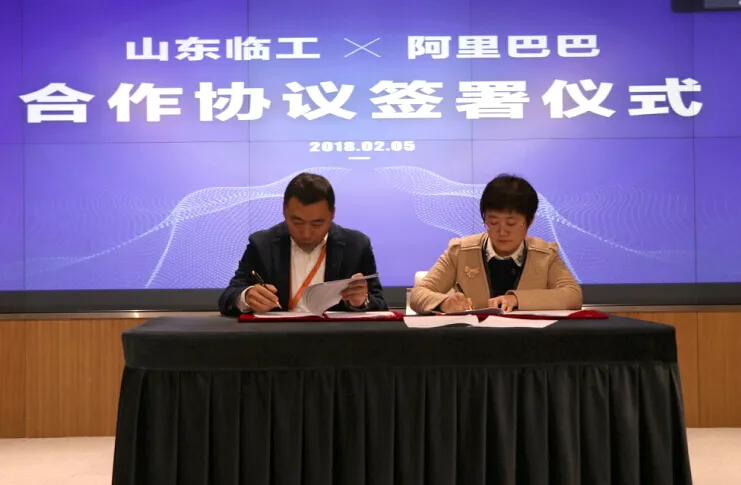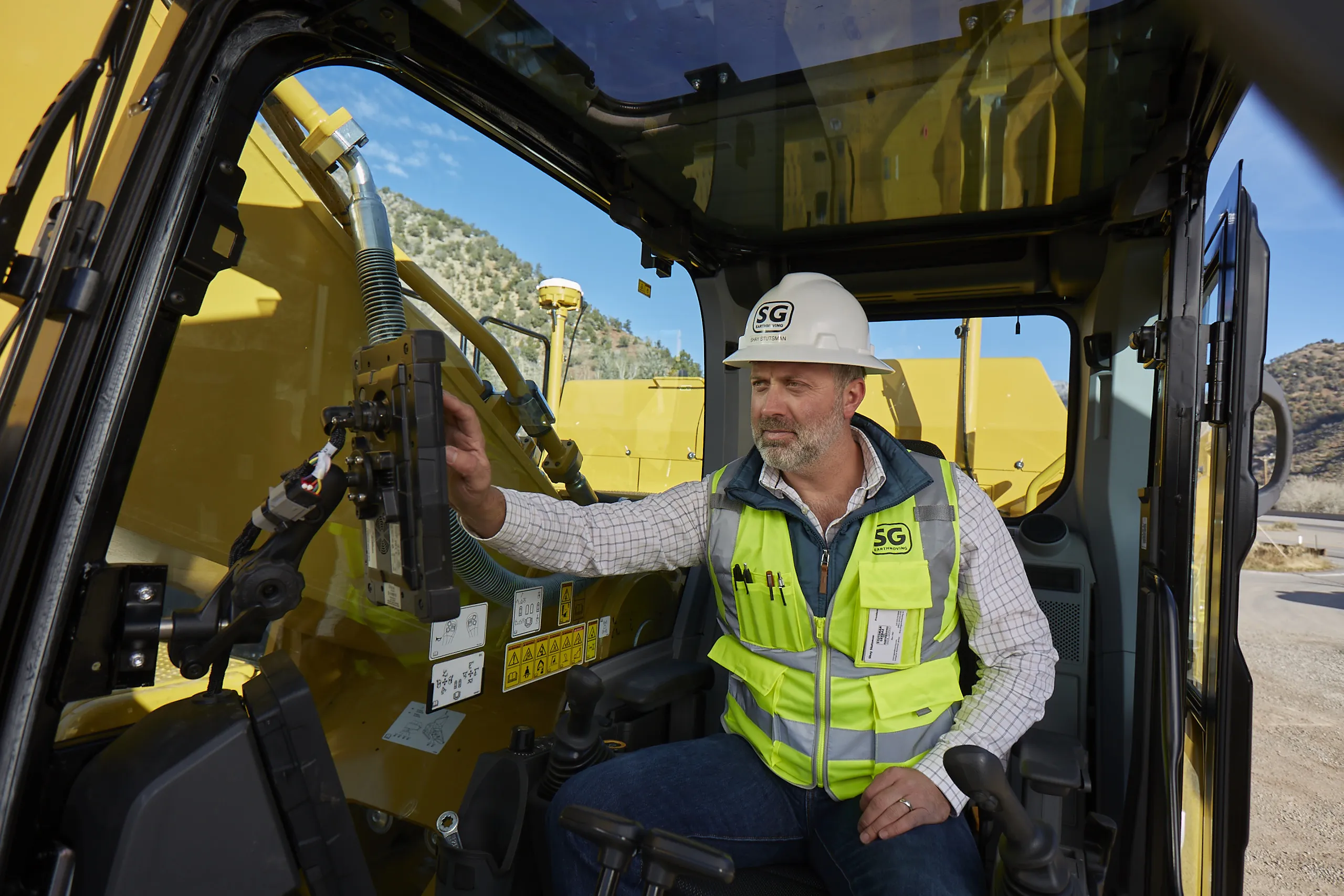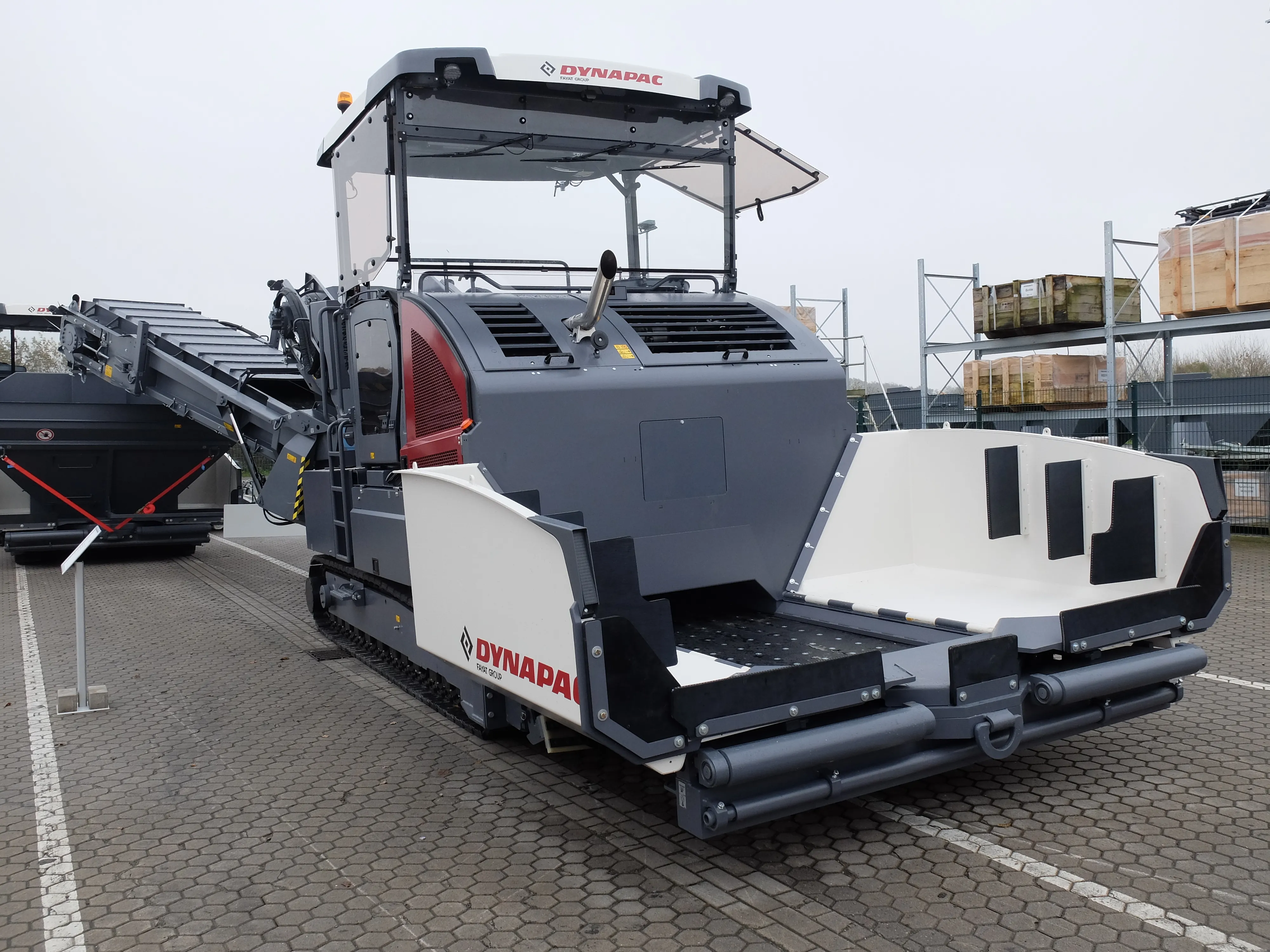
The partnership is aimed at developing the manufacturing techniques at SDLG’s assembly plants at Linyi in China. By partnering with Alibaba, the company hopes to use such innovations as artificial intelligence, machine-to-machine communication and intelligent devices to modernise its manufacturing. The goal is to boost productivity and reduce waste in its factories, while still delivering high-quality, reliable products to its customers.
SDLG plans to begin using Alibaba’s cloud technology to improve procurement and supply chain sourcing. Also, it will use Alibaba’s business intelligence tools to analyse the data of its current operations, which will help the company make more informed business decisions in the future.
“SDLG has been steadily investing in its production processes for years, and this partnership with Alibaba will take these efforts to a new level,” said Wen Degang, general manager of SDLG. “With the deep insight and analytics that Alibaba’s business intelligence expertise can bring, SDLG can further take the lead in such efforts as supply-chain sourcing, lean production and digital manufacturing to increase flexibility, operational efficiency and more.”
Tools provided by Alibaba through the new partnership will give SDLG insight into its own business operations at a level not previously seen.
“Our partnership with Alaba will enable SDLG to better look within our company and discover the improvements that can be made to help us continue to grow on a global scale,” Wen explained. “And this investment will help us do our part to shift from ‘Made in China’ to ‘Developed in China.’”









